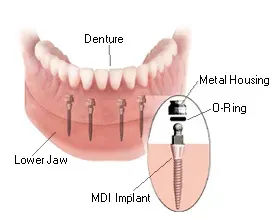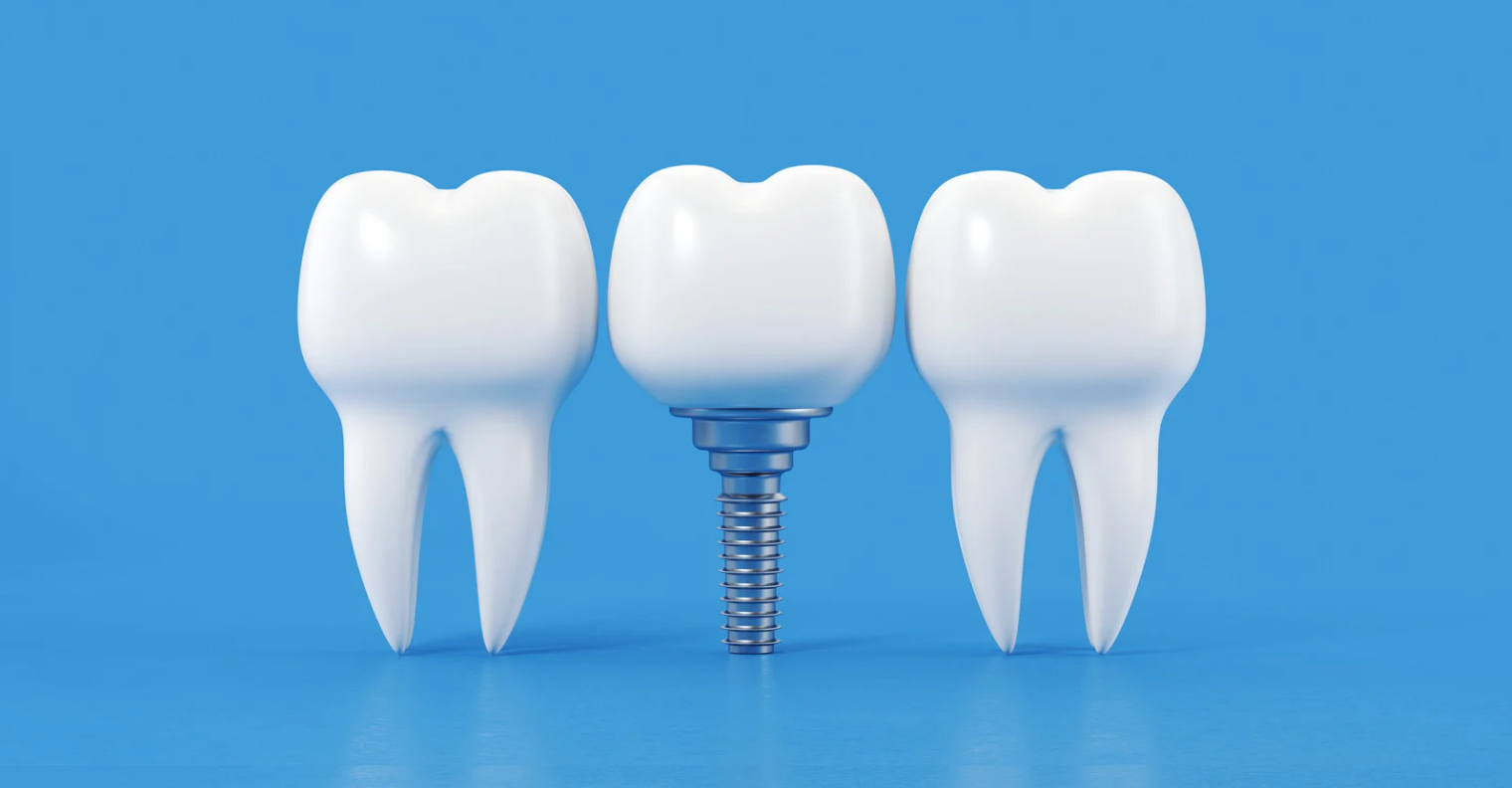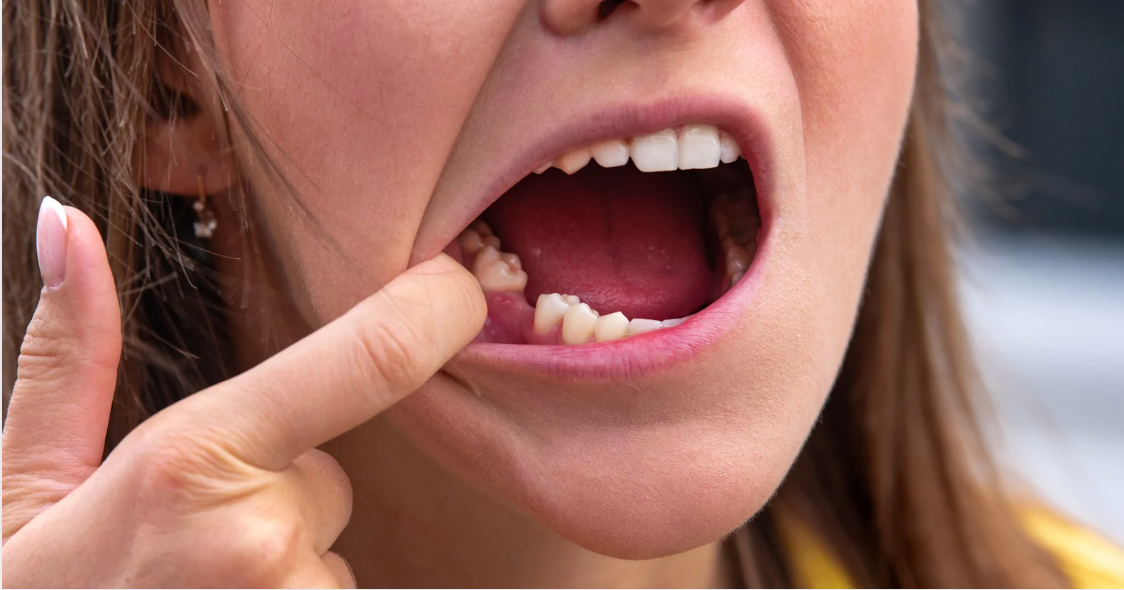affordable mini dental implants in Agawam & Feeding Hills, MA
Hampden County's preferred implant specialists
Mini dental implants (MDIs) are a type of dental implant that are smaller in diameter than traditional dental implants. They are typically used to stabilize and support dentures,
bridges, or
crowns in the jawbone when there is not enough bone available to support a standard-sized implant. At Feeding Hills Dental Care, we are proud to be able to offer mini dental implants to our patients in the Feeding Hills area.
What Are Mini Dental Implants?
Mini dental implants are made of a titanium alloy and have a ball-shaped attachment at the top that fits into a socket on the denture, bridge, or crown. The implant is placed into the jawbone through a minimally invasive procedure that typically requires only local
anesthesia. Because of their smaller size, MDIs can often be placed in areas where traditional implants cannot.
Advantages of Mini Dental Implants
MDIs have a number of advantages over traditional dental implants. These include:
Are Mini Dental Implants Right for Me?
It's important to note that MDIs are not appropriate for every situation, and a thorough dental evaluation is needed to determine if they are a suitable option for you. We can help you understand the pros and cons of mini implants to help you make an informed decision.
Ask Us About Mini Dental Implants Today
If you’re ready to restore your smile,
contact the team at Feeding Hills Dental Care
today about mini dental implants. We’d love to provide you with a consultation to determine what the best restorative dental solution is for your needs. With over 30
years of experience, you can rest assured that your smile is in great hands!
Schedule an Appointment
For more information or to request an appointment, call us at (413) 786-7555 or fill out the form below.
Contact Us
Related Services

Why Choose Feeding Hills Dental Care?
You have plenty of options when it comes to where to receive dental care– so why do so many patients in the Feeding Hills area trust Dr. Mark Bourcier with their oral health? We are a dental office of choice thanks to:

Over 30 Years of Experience

Financing Options Available

Offers Dental Emergency Care

Comprehensive Dental Services

Accepts Insurance Plans

Implant and Mini Implant Provider
Read Our Blog





